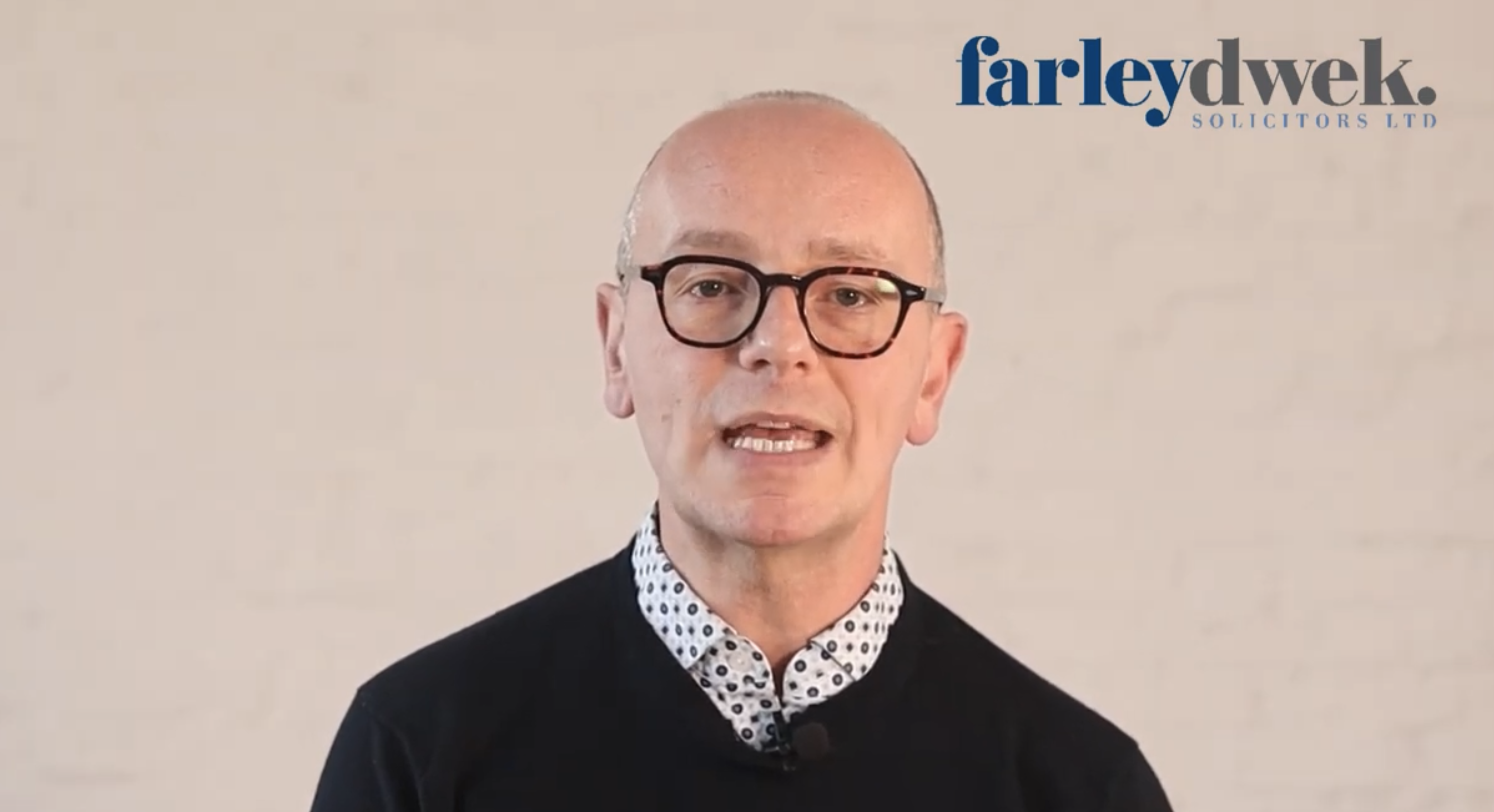Continuing Healthcare - Tips for approaching an assessment
There are 2 stages of assessments involved in the NHS CHC Funding process.
The first is the Checklist assessment – a screening tool to see if the applicant will pass on to the second stage. The second stage is the full assessment, which is carried out by the NHS Integrated Care Board’s Multi-Disciplinary Team panel.
The Multi-Disciplinary Team, or MDT, is comprised of at least 2 professionals from different healthcare professions – usually including one healthcare and one social care professional. They should be knowledgeable about the individual’s health and social care needs, and where possible, have been recently involved in their assessment, treatment or care. They must be trained in the National Framework for NHS Continuing Healthcare Funding and NHS-funded Nursing Care so that they have the relevant skills and knowledge to carry out a fair and robust assessment of a patient’s eligibility for CHC Funding. The National Framework sets out the rules and guidance to be followed at these assessments.
Sadly, contrary to the requirements of the National Framework, we hear that many appointed representatives haven’t had sufficient training in the National Framework or don’t fully understand it. Poor assessments will inevitably lead to poor outcomes for families and Integrated Care Boards rejecting some perfectly proper applications for CHC Funding. The Multi-Disciplinary Team will use a Decision Support Tool which assesses the individual in 11 main CARE Domains and scores each one accordingly with a score of No needs/Low needs/Moderate needs/High needs/Severe needs and in some cases Priority needs.
Tip #1: Take someone with you for support
Take someone with you to the meeting with the Multi-Disciplinary Team to take notes. It can be emotional when discussing the care needs of a close relative.
There is too much to absorb if going alone. You might miss out on important points you want to make. Another pair of eyes and ears is always useful.
You will know your relative’s needs and can therefore correct any misunderstandings or misinformation the Integrated Care Board’s assessors might have got in this short window of assessment. If you’re not at the Multi-Disciplinary Team meeting, you simply can’t contribute to it.
Don’t forget, you are also entitled to have a professional advocate to represent you at the MDT meeting and we can assist with that if you want help and support.
The Integrated Care Board should give you reasonable advance notice of the MDT assessment so that you (and any appointed representative) can attend. If they don’t, then you could have grounds for an appeal.
Tip #2: Take time to research the subject well
Our website has a wealth of free information to help you at every stage of the process. You can also buy our helpful book “How To Get The NHS To Pay For Care” available as a paperback or PDF download from our website, “Care to be Different”. Otherwise, call us to speak to an experienced CHC nurse or Case Manager.
We know that battling the ICB for CHC Funding is never a foregone conclusion.
Like so many other families, you may assume that your relative will automatically qualify due to their needs being so great. This may be correct – but sadly, most families are in for a big shock.
You may think you know the National Framework well and that you’ll be able to go it alone and see off the MDT assessors, but make no mistake – the bar to obtaining CHC is set very high.
Tip #3: This is a big challenge
The Integrated Care Board won’t just roll over and award funding. They will fight for every penny to protect budgets, however obvious your relative’s qualification for CHC may appear. It’s hard work and you’ll need to put in a lot of effort. Just to give you a taste of what we see when people are in the midst of applying for CHC, people say things like:
“the paperwork is mind blowing…”,
“I dunno where to start, I’m not ready for this meeting, by a long shot”, and, perhaps most tellingly of all
“the process is gruesome…”
Collate as much evidence as you can and prepare yourself for a battle. This is far more time-consuming and complex than it sounds. Then, there is the challenge of how to best present your information in a coherent manner. This is to make your best points. Try not to get side-tracked by irrelevancies at this stressful and emotional time – they can undermine your relative’s application for CHC. At an assessment you are arguing for your relative’s funding and the stakes are high.
In Summary: research as much as you can
Preparing for an MDT assessment properly takes time, and realistically, you can’t expect an assessor to complete a robust and accurate assessment if you contact them at short notice on the day of your MDT! Early preparation is essential.
There are a number of things we’d strongly recommend:
- You should attend any assessment meeting.
- It’s a good idea to take someone with you.
- Turning up is insufficient on its own; instead do your research beforehand.
- Read as much as you can about the process.
- Don’t be afraid to ask for help, where necessary.
- Don’t have the wool pulled over your eyes. Get professional advocacy support to maximise your chances of success.
And finally.. it’s important to remember how important all of this is. Failure to get it right could see your relative’s savings and assets unnecessarily wiped out to pay for their care fees.



